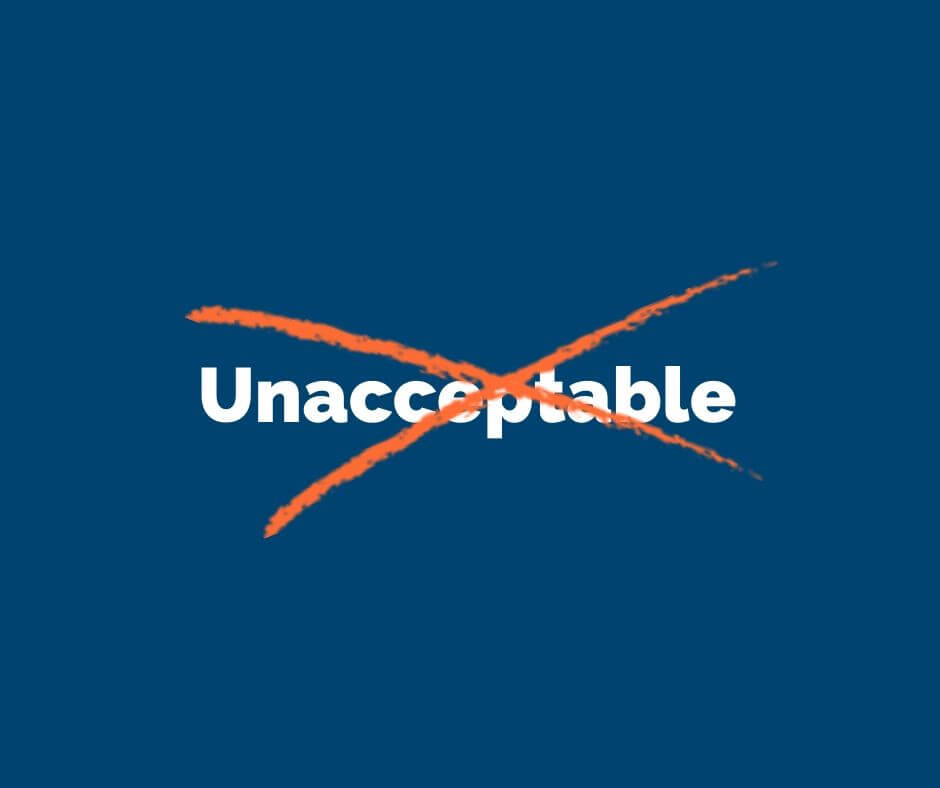Don’t Ever Call Yourself Old!


By: Tray Stodart
June 18, 2020
A few years ago, I got into a cab in Sydney and the driver asked, “Ok young lady, where to today?” I smiled and said, “Oh how nice, no-one has called me ‘young lady’ in years”. He said, “Ok, you old bag, where are we going?!” It still makes me chuckle but there is growing recognition of the language we use when we speak about ageing and the damage it can do. Terms like ‘dried up’, ‘wrinkly’, ‘old bat’, ‘over the hill’, ‘elderly’, ‘of a certain age’ and ‘vulnerable person’ pigeon-hole and demean people. Worryingly, we sometimes resort to using these terms to describe ourselves and this has implications for our mental health.
A 2013 study found that calling yourself old leads to greater levels of body dissatisfaction, anxiety, depression and more physical and mental health problems.
Carolyn Becker, of Trinity University, surveyed more than 900 American, British and Australian women ranging in age from 18 to 87. She asked questions about old talk – the kind of speech that indicates an aging appearance is unacceptable. She found it most prevalent in the women who were 46 or older. What’s more, the women who were most likely to engage in “old talk” were also more likely to report eating disorder diagnoses and decreased body satisfaction.
Our culture seems to be obsessed with youth; the anti-aging market was worth USD52 billion in 2019 and the market for botox grew 8%! It’s hardly surprising that if you obsess about your wrinkles and grey hair, you’ll really resent your age and your body.
Self-care is a huge topic and our awareness of its implications for wellbeing are huge. A very important part of self-care is self-talk. Self-talk refers to the way we talk to ourselves. What we refer to as negative self-talk is at the heart of many mental health challenges, such as stress, depression and anxiety. Alternatively more positive self-talk can really influence the way we think, feel, and behave.
So, take note of the language you use – swap out the ageist terms and thinking in favour of more constructive terminology; older, wiser, experienced, mature, perennial, vintage! Each of these words acknowledges age but emphasis the positive that accompanies it.
There’s absolutely nothing wrong with talking about getting older – there are lots of benefits to it like better social skills and empathy and a happier outlook, but our aim, when we talk about getting older, is to not always focus on it being better to be young.
Catherine Rickwood of the Three Sisters Group suggests that if you answer ‘yes’ to any of the below, then it might be time to re-frame your idea of what it is to become older.
Do you say or think…
How did you go?
The thing about age is that it is inevitable – the numbers go up every year. What we can change is our attitude and we can make sure we don’t demean ourselves or others with language that focuses only on the age and not the experience that comes with it.
In the words of Dawn French; “Why would I worry about getting older—what’s to moan about?”
